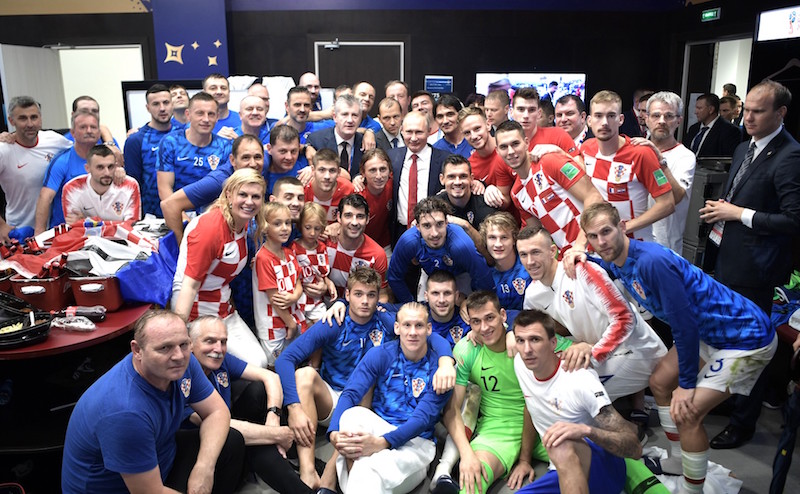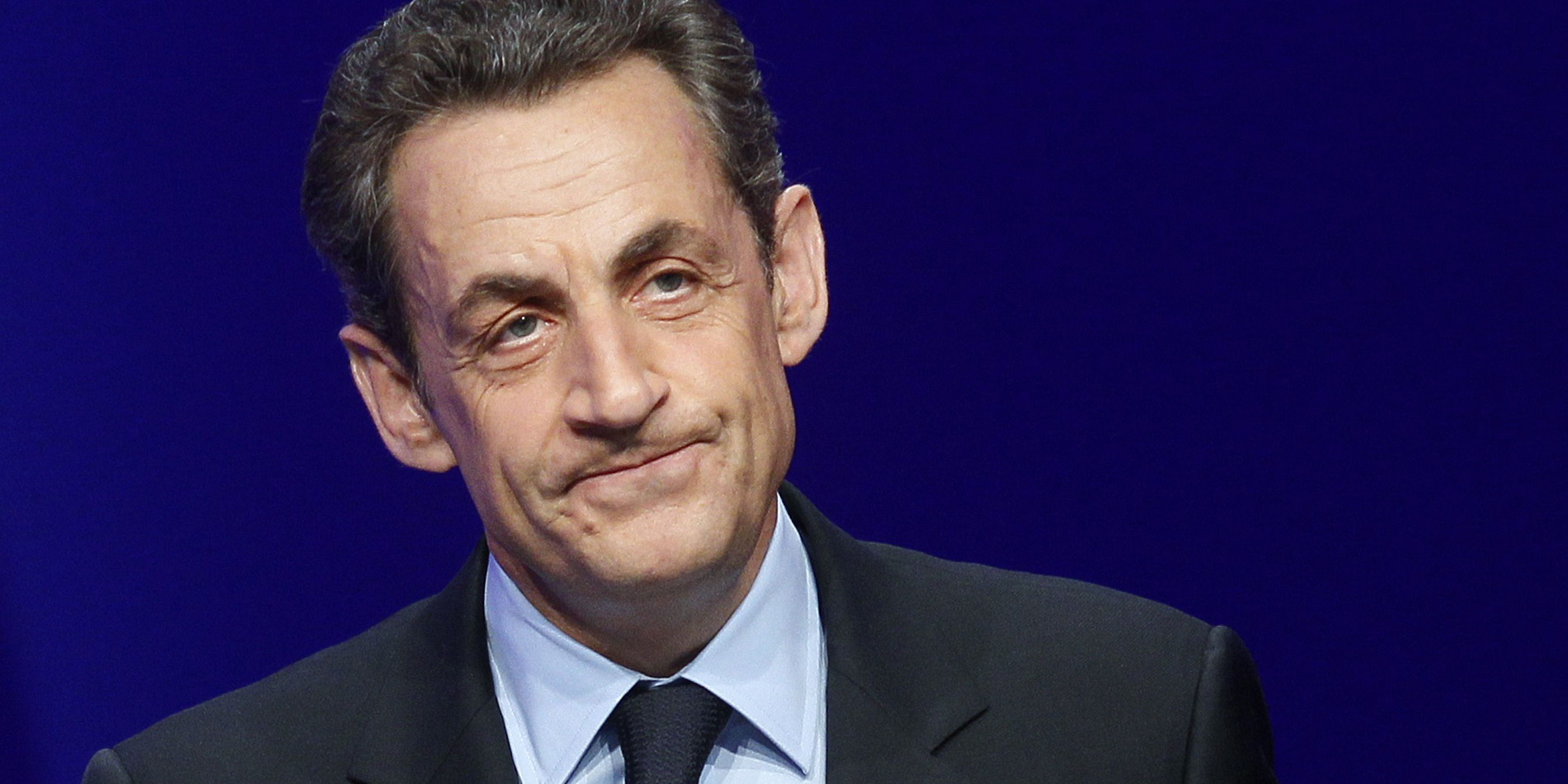It’s been over two months since Alexei Navalny died in prison.
Internationally recognized as Vladimir Putin’s leading critic, Navalny led a bold and courageous journey of challenging the corruption of the Kremlin. In 2011, he founded the Anti-Corruption Foundation to expose the government’s deceitful activities and actively led protests rallying against Putin’s regime.
Navalny believed in the possibility of a democratic Russia, and despite facing adversity through the Kremlin’s various attempts at silencing his voice, persevered in his fearless fight for a reimagined country.
To the Russian people, Navalny represented a symbol of freedom, hope and defiance.
Hope was initially thought to be lost when the opposition figure was reported dead by Russian authorities in February of 2024 after losing consciousness. At his time of death, Navalny was serving a thirty year sentence at the IK-3 prison colony in Northern Russia, and was subject to some of the country’s harshest conditions, including solitary confinement. Despite the government’s assertion that Navalny had died of natural causes, human rights groups and Western leaders were quick to state the Kremlin was responsible.
At first glance, his death may seem to mark defeat for the Russian opposition and confirm Putin’s authority within Russia. However, Navalny’s view of this outcome was rather different. When asked about his message for the Russian people in the case he be killed, in a 2022 documentary Navalny left viewers with the following words:
“If they decide to kill me, it means that we are incredibly strong. We need to utilize this power to not give up, to remember we are a huge power that is being oppressed by these bad dudes. We don’t realize how strong we actually are. The only thing necessary for the triumph of evil, is for good people to do nothing. So don’t be inactive.”
It is now up to us to honour Navalny’s call to action and continue his fight for a democratic Russia. While this may seem like an unlikely outcome, it is possible through courage, leadership, and collaboration. This article aims to outline how the international community can support the Russian people to continue the late leader’s legacy and actualize his vision for Russia.
Phase 1: Declare illegitimacy of Putin’s presidency.
The first stage in realizing a democratic Russia requires the end of Putin’s regime. In March of 2024, the leader secured a fifth presidential term in Russia’s election, despite evidence indicating the presence of fraud and criminal activity.
Anticipating this electoral outcome, the Council of Europe’s Parliamentary Assembly passed a resolution in 2023 urging member states “to recognise Vladimir Putin as illegitimate after the end of his current presidential term and to cease all contact with him, except for humanitarian contact and in the pursuit of peace.”
Previous case studies demonstrate a public acknowledgement of illegitimacy can be quite impactful.
Following the 2018 Venezuelan elections, the country’s legislature invoked the constitution to proclaim Nicolás Maduro’s presidential win as illegitimate on the basis of electoral fraud. In response, over 50 countries, including the United States, publicly expressed their support to recognize opposition leader, Juan Guaido, as Venezuela’s lawful president. Although his interim leadership was only short-lived, the international community’s backing played a key role in validating Venezuela’s regime change.
In the case of Russia, democracy cannot exist while Putin is in power. As such, a shift away from the current autocracy requires a regime change. A collective declaration of the illegitimacy of Putin’s presidency would affirm the international community’s agreement on the state of corruption in Russia. Moreover, it would satisfy the prerequisite required for an alternative leader to step into the picture of a post-Putin country.
However, at this stage, not all players in the vision of a democratic Russia may be convinced of the feasibility of this scenario. This is where phase two comes in to guide those who are being misled.
Phase 2: Challenge the existing pro-Kremlin narrative.
The Russian government’s primary strategy for maintaining power is to spread disinformation. Leveraging various channels including state-funded media, the Kremlin deliberately floods the information landscape with misleading content to push its geopolitical agenda.
Governments abroad have stepped in to challenge Russia’s spread of propaganda. For example, Canada announced $3 million in funding to counter Russian disinformation. While support mechanisms such as this are critical to weaken Putin’s hold on the information landscape, their shortcomings are that they are reactive in nature.
In order to make greater progress in actualizing the vision of a democratic Russia, a proactive approach must be embraced which presents the expected benefits of this alternative to key audiences.
A poll conducted after Russia’s invasion found that an estimated 50% of survey respondents supported the war on a “declarative level.” In other words, they had shifting attitudes about the war unlike the rigid stances held by the core supporters and opposition groups. Instances of fatigue began to set in as they had to adjust to new realities such as unemployment and high inflation.
Making up approximately half of the Russian population, this “declarative” group can dictate whether Russia continues down its current trajectory or shifts to embracing a state of democracy. Accordingly, the international community must focus its efforts on working with this influential group by highlighting the opportunities a democratic Russia would bring.
Phase 3: Work with opposition groups to write a better tomorrow.
Once buy-in by the majority of Russian people is secured that a democratic Russia is the better alternative to the current regime, it will be important for the international community to actively work with opposition groups to plan for a post-Putin country.
The reason Venezuela’s regime change after the 2018 elections was ineffective is because the interim leader himself proved to be no better than the previous president. In the case of Russia, the country has not had a democratic leader in over two decades. Therefore, it becomes critical for global democracies to support Russian opposition groups with succession planning to ensure Putin’s successor does not prove to be another autocrat.
Continuing the fight.
Alexei Navalny believed in the possibility of a peaceful, prosperous and democratic Russia. With a strong commitment to advancing this vision, he displayed endless courage, valor and perseverance to stand up to Putin and challenge the workings of the current regime.
Following his passing, it is now up to the international community to continue the fight started by the hero.
Photo: Oppositionist Alexei Navalny on a march in memory of politician Boris Nemtsov, who was killed in Russia (2020) by Michał Siergiejevicz, CC BY 2.0, via Wikimedia Commons
Disclaimer: Any views or opinions expressed in articles are solely those of the author and do not necessarily represent the views of the NATO Association of Canada.





